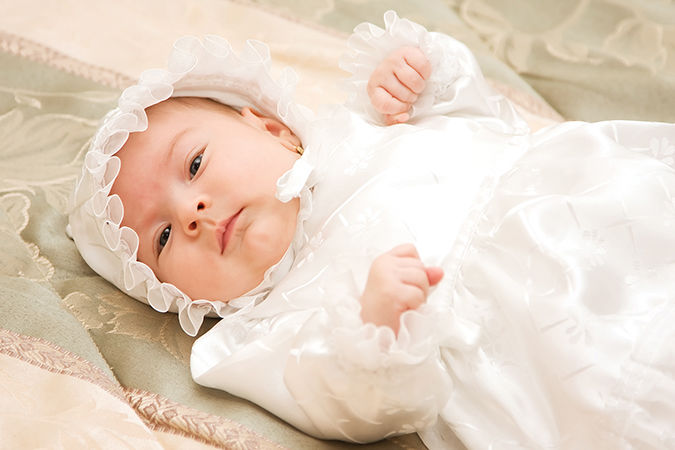Why do we hold on to so many things in closets, garages and storage units? What is it about the birth announcement of an adult child or the high school diploma of an elderly grandparent that keeps these objects carefully saved rather than discarded? They are of no use to anyone and take up space. Yet they are precious and difficult to part with.
Our tired carpet was recently put to rest. It served well through the rigors of family life, including cushioning the falls of grandchildren as they learned to walk and navigate stairs. In my enthusiasm for something fresh and clean I never dreamed that removing it would be an emotional experience, not taking into account that every room had to be cleared before the old flooring went and the new arrived.
As closets were emptied, treasures long forgotten emerged and with them the decision to keep or discard each one had to be made. Pictures were put in the “keep” pile, while dresses worn to children’s weddings went back and forth between the “keep” and the “pass on” pile.
My husband’s high school letterman sweater caused the same ambivalence. There were also the boxes of memorabilia. Baptism gowns, First Communion dresses, stuffed animals, dolls and children’s sweaters with names embroidered on them tugged at my heart. In the end nostalgia won out and many things went right back into the closets.
The gift of memory prompts us to hold on to things from the past. It allows us to see our lives from a perspective sometimes missed in the routine of daily life or a major family event.
This immeasurable gift of memory takes us back to times of joy, allowing us to relive special moments. The memory of a birth, graduation or wedding brings a smile. The event long past comes up sharp as a movie in the mind’s eye and for a few moments is real again. We remember clearly sights, sounds and smells allowing us to bask in the joy of a moment long gone.
It’s not only the good memories, however, that stay with us. Times of pain, sorrow and betrayal are just as clear. There are memories we would just as soon be rid of; things of which we are not proud or things that are so painful they are better left alone. Nevertheless, these experiences shape us as human beings just as the good times do.
We are a compilation of all our experiences — both positive and negative. We properly revel in the achievements and the milestones, but the darker moments also contribute to the person each of us becomes, often offering profound lessons that propel us to makes changes that otherwise would not have occurred. Our most painful experiences sometimes are seen in retrospect as blessings.
A young woman, newly engaged, shared the story of her very brief first marriage that was ultimately annulled. She was somewhat apologetic and as we talked I encouraged her to consider that, difficult as that memory was, it certainly was part of who she is and contributed in some way to her maturity and her decision to trust her husband to-be.
My sister is adamant that the car accident that left her immobile for months was in the end something she can look to as life changing in a very positive way.
The challenge is to appreciate the ability to return to meaningful and happy events that are long over while not staying mired in the past or seeing it as “the good old days,” discounting the potential of each new day. It is also important to avoid focusing on hurts from the past that can keep anger brewing just beneath the surface — not good for the body or the soul.
To regret a past action or situation is natural and can lead to healing and ultimately realizing the good that has come from adversity. It does, however, require letting go and purposefully putting the negative memory to rest, an action that requires a great deal of patience and prayer.
In the end, the things we so carefully save year after year are not really important in themselves. It is what they stir in us that makes a difference. God has granted us many gifts, not the least of which is memory.

